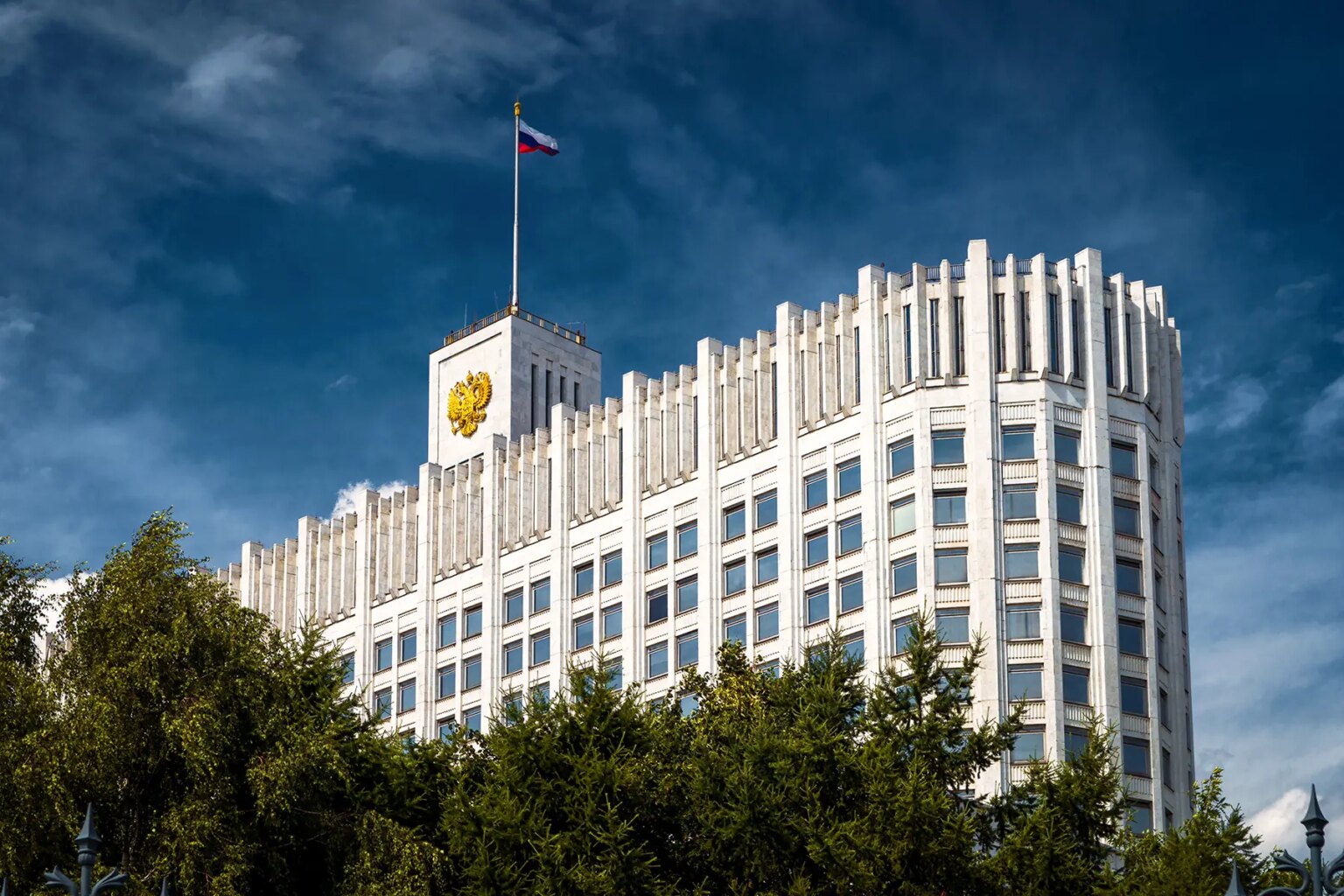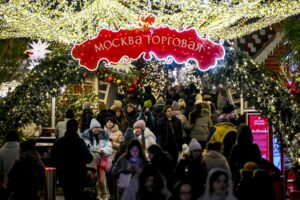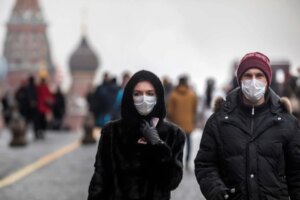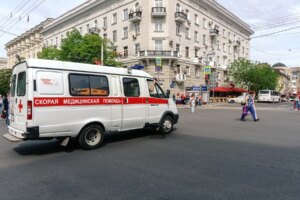Important notice from the Editor in Chief
Maintaining our Russian site is a delicate matter during the war. We have chosen to keep its content online to help our readers, but we cannot ensure that it is accurate and up to date. Our team endeavors to strike the right balance between giving information to those who need it, and respecting the gravity of the situation.
From Peter and Catherine the Greats to Vladimirs Lenin and Putin, Russia has a storied political history. But if you’re wondering what the Russian government has been up to since 1991, this article will help you take your knowledge of the political system into this century.
Continue reading for more information on the following:
Overview of the political system in Russia
Since the collapse of the Soviet Union in 1991, Russia has been a federal semi-presidential republic. According to the Constitution, its head of state is the president (Президент Российской Федерации), who appoints the chairman (Председатель Правительства Российской Федерации) as head of government. This chairman is often referred to as the prime minister in English-speaking countries.

Similar to other nations, the Russian government is divided into three branches (i.e., trias politica):
- The executive power lies with the President and the federal government, led by the prime minister
- The legislature is called the Federal Assembly and consists of two chambers:
- The upper house Federation Council, which has 177 seats
- The lower house State Duma, which has 450 seats
- The judiciary comprises the courts and the legal system in Russia
In practice, however, the country does not fully adhere to the separation of powers in the way it is practiced in many democratic systems. Power is heavily centralized in the executive branch, particularly the presidency.
According to the 2023 Democracy Index, Russia ranks 144th globally and is classed as an authoritarian regime. The country holds elections every six years to choose its president and every five years to elect its political leaders. All Russian citizens over the age of 18 have the right to vote and stand for public office.
Which are the main political parties in Russia?
As of July 2023, 27 political parties are officially registered in Russia. Of those, 25 have the right to participate in elections. The current cabinet (State Duma) includes the following parties:
| Party | Russian abbreviation | Founded in | Party leader(s) | Ideology |
| United Russia | EP | 2001 | Dmitry Medvedev | Big tent |
| Communist Party of the Russian Federation | КПРФ | 1993 | Gennady Zyuganov | Left-wing to far-left |
| A Just Russia – For Truth | СРЗП | 2006 | Sergey Mironov, Zakhar Prilepin, and Gennady Semigin | Centre to centre-left |
| Liberal Democratic Party of Russia | ЛДПР | 1992 | Leonid Slutsky | Right-wing to far-right |
| New People | НЛ | 2020 | Alexey Nechayev | Center-right |
| Rodina | Родина | 2012 | Aleksey Zhuravlyov | Centre to center-left |
| Civic Platform | ГП | 2012 | Rifat Shaykhutdinov | Center-right |
President vs PM: who is currently in power in Russia?
Russia has both a president and a prime minister.
The Russian president: Vladimir Putin
The president is the most powerful figure in the Russian government, serving as both the head of state and the commander-in-chief. The president has extensive authority over domestic policy, foreign relations, and national security.
Russian presidents are elected by the public for a six-year term and can serve a maximum of two consecutive terms.

Russia’s current president is the former intelligence officer Vladimir Putin. He first came to power in 2000 and served two consecutive four-year terms, before stepping aside in 2008 due to term limits.
After serving as prime minister, he returned to the presidency in 2012 and was re-elected in 2018 with 76.7% of the vote. Following the 2020 constitutional changes, Putin is eligible to run again, potentially extending his presidency until 2036.
How are prime ministers elected?
Prime ministers aren’t actually elected. Instead, the president is responsible for appointing a prime minister as the head of government.
Russia’s current prime minister is Mikhail Mishustin, who has held the job since January 2020. A prominent economist, Mishustin was previously the director of the Federal Taxation Service from 2010 to 2020.
The 2021 parliamentary elections
The most recent general elections in Russia took place in September 2021.
Despite a drop in popular support compared to 2016, United Russia retained its dominance in the State Duma and received 49.8% of the votes. The Communist Party of the Russian Federation was the second-largest party. It won approximately 18.9% of the vote share, partly due to public dissatisfaction with United Russia and economic conditions.
Meanwhile, newcomer New People was a surprising success. Having won 5.3% of the votes, the party appealed to a lot of younger, urban voters with moderate and reformist rhetoric.

The 2021 parliamentary elections were rife with controversy. For example, there were allegations of voter suppression, media restrictions, and fraud in favor of United Russia. Likewise, opposition figures and critics, including allies of jailed opposition leader Alexei Navalny, faced significant barriers, such as disqualification from running and suppression of their ‘Smart Voting’ strategy.
Reports of irregularities, including ballot stuffing and manipulation of electronic voting, led to widespread criticism from international observers and opposition groups.
Russia in BRICS
Russia is one of the founding members of BRICS, an intergovernmental organization and geopolitical bloc. Other members include Brazil, India, China, South Africa, Iran, Egypt, Ethiopia, and the United Arab Emirates (UAE). Together, BRICS countries represent around 40% of the world’s population and account for nearly 25% of global GDP.
Formed in 2009, the group has since become a prominent voice in global discussions on trade, sustainable development, and global economics. Key initiatives include the New Development Bank (NDB), which funds infrastructure projects in BRICS countries and beyond.
In 2024, it was reported that bilateral tensions created significant obstacles to the group’s unified functioning. These tensions included the Russo-Ukrainian war, the China-India border dispute, the Egypt-Ethiopia conflict over the Nile River dam, and different political orientations, particularly with regard to relations with Europe and Northern America.
Useful resources
- The Russian Government – official governmental website with (limited) information in English
- Ground News – website where you can check news stories for bias




